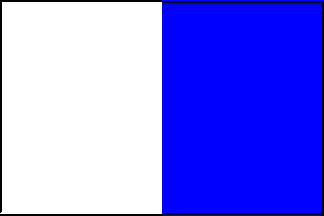|
Brocklebank
Line
(Est. 1801) |
|
|
| RETURN TO THE LOBBY
THE OCEAN LINER VIRTUAL MUSEUM |
|
Founded in 1801 as
Thos.&
Jno.Brocklebank, Whitehaven, with one sailing ship, the company traded
mostly
with coal. With the abolition of the Hon. East India Company's trading
monopoly
to Although the Suez Canal
opened in 1869,
Brocklebanks continued to operate sailing ships to Jenkins was bought out in
1907 by Royal Mail
Steam Packet Company, who now became partners and in 1911 purchased the
remainder of the shares in the Shire Line. The same year, Brocklebanks
sold its
shares to members of the Cunard board of directors and the same year,
Cunard
purchased Anchor Line and Anchor-Brocklebank Limited was formed. Tyzack
&
Branfoot's Well Line of Sunderland was taken over in 1916. During World War II, the
company lost many
ships and owned only eleven in 1945, but the independence of In 1968, Cunard-Brocklebank
Limited was
formed and ships were pooled between the two companies, but financial
losses
continued and the last two Brocklebank liveried ships were sold in 1983
and the
company disappeared. Thus Brocklebank Line was another fine British shipping company that disappeared as a result of the container revolution in the late 1960s and early 1970s. It was the end of an era as traditional shipping gave way to containerisation. Cunard Line www.cunard.co.uk
|
